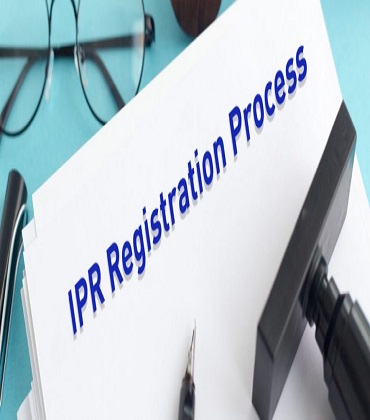
Governmental Registration means any registration, filing, declaration, or notice, or any other action of a similar nature, with or to a Governmental Authority having jurisdiction over the Borrower or any of its properties.
Government registration means a requirement to give notice to the government that may include the individual’s name and address, the individual’s agent for service of process, the location of the activity to be performed, and a description of the service the individual provides. “Government registration” does not include personal qualifications and is not transferable but it may require a bond or insurance. Upon the government’s receipt of notice, the individual may use “government registered” as a title. A nonregistered individual may not perform the occupation for compensation or use “government registered” as a title. In this chapter, “government registration” is not intended to be synonymous with “occupational license.” It also is not intended to include credentials, such as those held by a registered nurse, which are prerequisites to working lawfully in an occupation.
Let's have a look at the different types of Government Registration.

Trademark registration in India allows the applicant to use symbols or words to represent a business or the products that are offered by a business to distinguish the goods or services that are offered by them from the competitors. After the trademark is registered in India no other organization cannot use it as long as it remains in use.
FSSAI License or FSSAI Registration in India is mandatory for starting a food or related business. The FSSAI License is issued by the Food Safety and Standards Authority Act, 2006. The Food Safety and Standard Authority of India and the State Food Authorities are jointly responsible for implementing the FSAI rules. The FSSAI is responsible for registering and licensing the Food business operators and also lays the rules and regulation for running any food or related business in India


A certification act as proof of that company’s credibility in tenders and enhances confidence that your promises will be kept. ISO registration is one of them. It certifies that the company’s management system complies with an ISO standard beneficial to your business, your clients, and your team. Contact us and get the ISO Certification done.
The Intellectual Property Rights are precious assets, and in present time the recognition and value of the IPR are growing day by day. The first and foremost thing for a business is to identify its IPR, only then the measures to register it or protection can be taken. Our IPR Specialists shall be assisting you to Identify the IP of your Business and advise you, how it can be registered in the name of your business.


The term compliance describes the ability to comply with orders, set of rules, or requests. A private limited company that has been incorporated in India must ensure the compliances concerning the Companies Act, 2013 are adequately met. The RoC compliance for registered Private Limited Companies is necessary. Irrespective of the total turnover or the capital amount, the company must comply with the annual compliance requirement.
Professional tax can be defined as a tax that is levied by a state government on all individuals who earn a living through any medium. This must not be confused with the definition of other professionals such as doctors or lawyers. This is a type of tax that needs to be paid by each and every individual earning income.


Employees Provident Fund is a scheme for the Indian Employees that is controlled by the Provident Funds and Miscellaneous Provisions Act,1952. The Employee Provident Fund is regulated under the umbrella of Employees Provident Fund Organization popularly known as EPFO.
Employee State Insurance Corporation or ESIC is a self-financing social security and health insurance scheme which provides medical benefit, sickness benefit, maternity benefit and various other benefits such as funeral expenses, free supply of physical aids etc. to the employees and their family.


MSME stands for micro, small and medium enterprises and any enterprise that falls under any of these three categories are considered to be MSME. They are the backbone of any economy and are engines of economic growth promoting equitable development for all. Therefore, to support and promote MSMEs, the Indian government offers various subsidies, schemes and incentives through the MSMED Act. A registration under the MSMED Act is required to avail the benefits of the same from the central or state government and the banking sector. This registrations is known as the MSME registration.
Or call us now 9088188288



